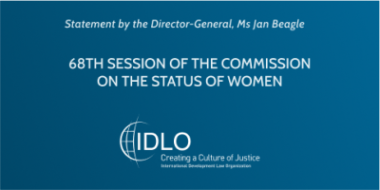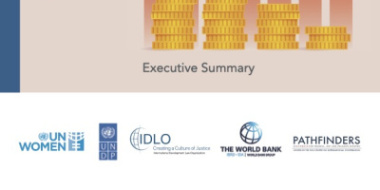Local justice issues take center stage in Myanmar theater
The story goes as follows: A wife confronts her husband with allegations of an extramarital affair. The husband’s reaction is violent; yelling and screaming, he beats her. She goes to seek help from a local administrator – but falls on deaf ears.













